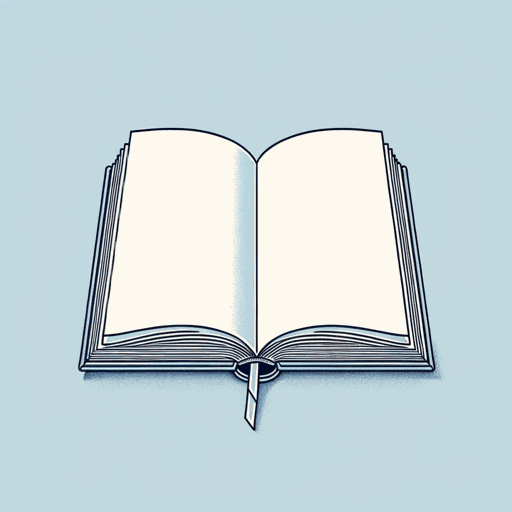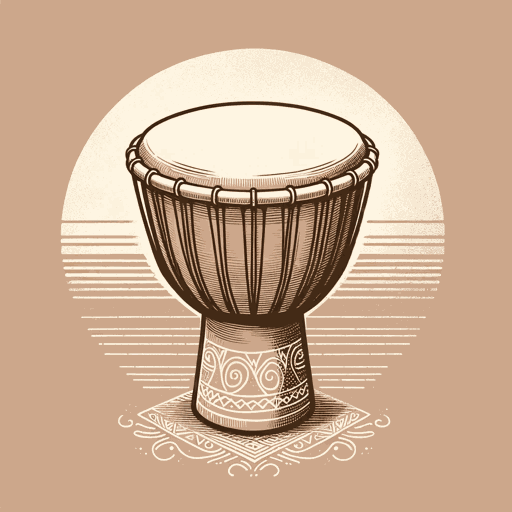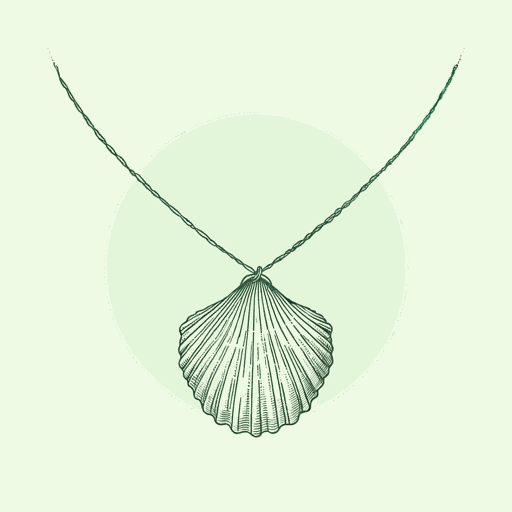57 pages • 1 hour read
Ta-Nehisi CoatesThe Water Dancer
Fiction | Novel | Adult | Published in 2019A modern alternative to SparkNotes and CliffsNotes, SuperSummary offers high-quality Study Guides with detailed chapter summaries and analysis of major themes, characters, and more.
Important Quotes
“And she was patting juba on the bridge, an earthen jar on her head, a great mist rising from the river below nipping at her bare heels, which pounded the cobblestones, causing her necklace of shells to shake. The earthen jar did not move; it seemed almost a part of her, so that no matter her high knees, no matter her dips and bends, her splaying arms, the jar stayed fixed on her head like a crown. And seeing this incredible feat, I knew that the woman patting juba, wreathed in ghostly blue, was my mother.”
(Chapter 1, Page 4)
This scene from the opening of the novel reflects the importance of connection to one’s past, particularly to traditions that allow African Americans to remember their connections to Africa. Hiram’s vision of his mother dancing the water dance serves to connect him to his personal memory of her, while her dancing commemorates the story of a group of slaves dancing themselves back to freedom in Africa.
“Bored whites were barbarian whites. While they played at aristocrats, we were their well-appointed and stoic attendants. But when they tired of dignity, the bottom fell out. New games were anointed and we were but pieces on the board. It was terrifying. There was no limit to what they might do at this end of the tether, nor what my father would allow them to do.”
(Chapter 3, Page 27)
Hiram points out one of the ironies of slaveholding society: While whites believe their society is the height of aristocracy and gentility, their absolute power over enslaved people makes them immoral and dangerous. This representation of slave masters and the enslaved inverts common representations of the masters as benevolent and slaves as so lacking in civilization that they require mastery.
“I tried to remember the Street and Thena’s admonition, They ain’t your family. But seeing the estate as I now did […] I began, in my quiet moments, to imagine myself in their ranks. And there was my father, who would pull me aside and tell me of our lineage stretching back through his father, John Walker, back through the progenitor, Archibald Walker, who walked here with a mule, two horses, his wife, Judith, two young boys, and ten tasking men. Would tell me these stories as if granting in these asides a teasing share of my inheritance.”
(Chapter 3, Page 33)
Hiram’s earliest aspirations are to become part of his white Walker family and be recognized by his father as one of them. These aspirations show the degree to which the young Hiram fails to recognize the role of slavery in the story of the Walker legacy. Later in the novel, as he matures, this idea about the Walkers falls by the wayside.
Related Titles
By Ta-Nehisi Coates

Between the World and Me
Ta-Nehisi Coates

Letter to My Son
Ta-Nehisi Coates

The Beautiful Struggle
Ta-Nehisi Coates

The Case for Reparations
Ta-Nehisi Coates

We Were Eight Years in Power: An American Tragedy
Ta-Nehisi Coates

